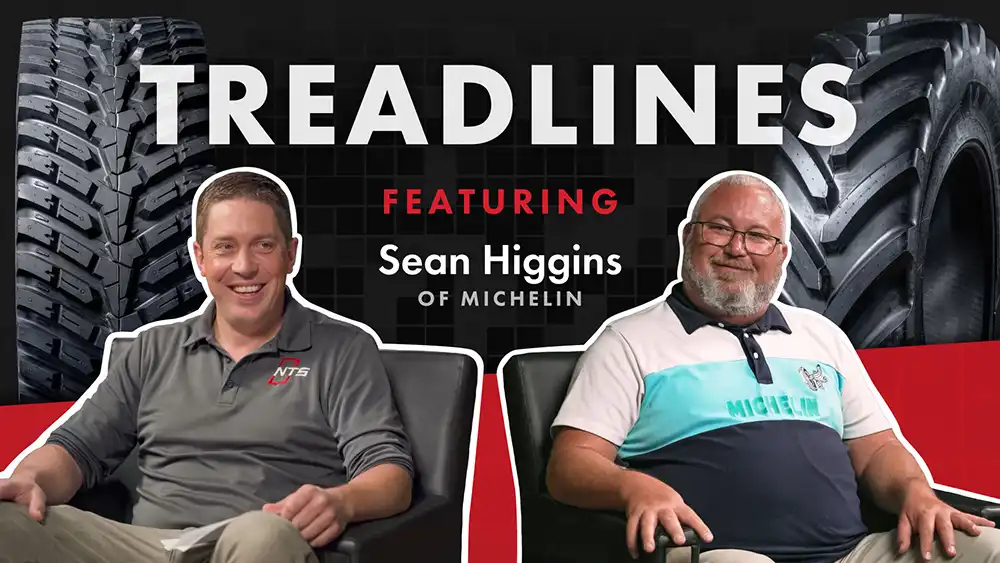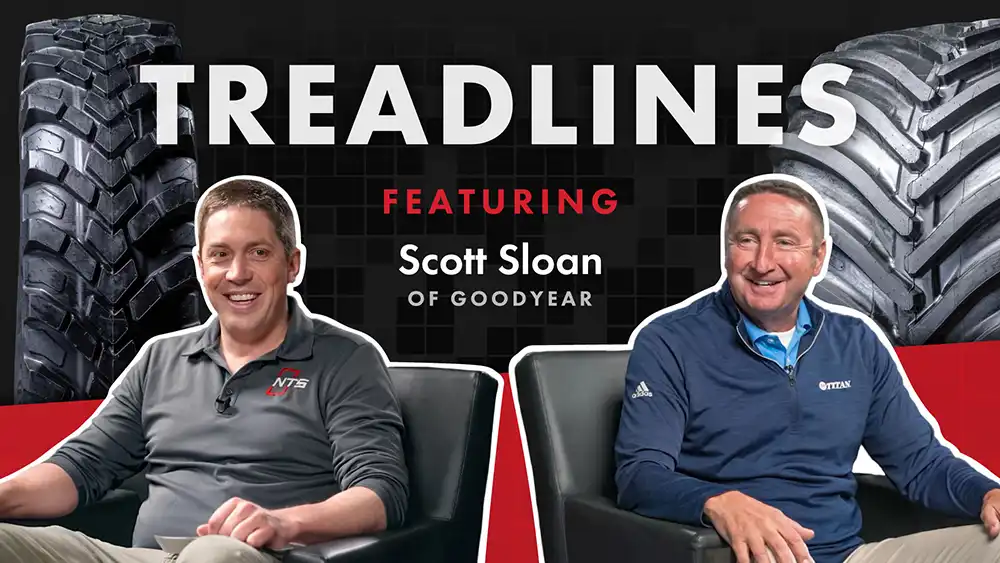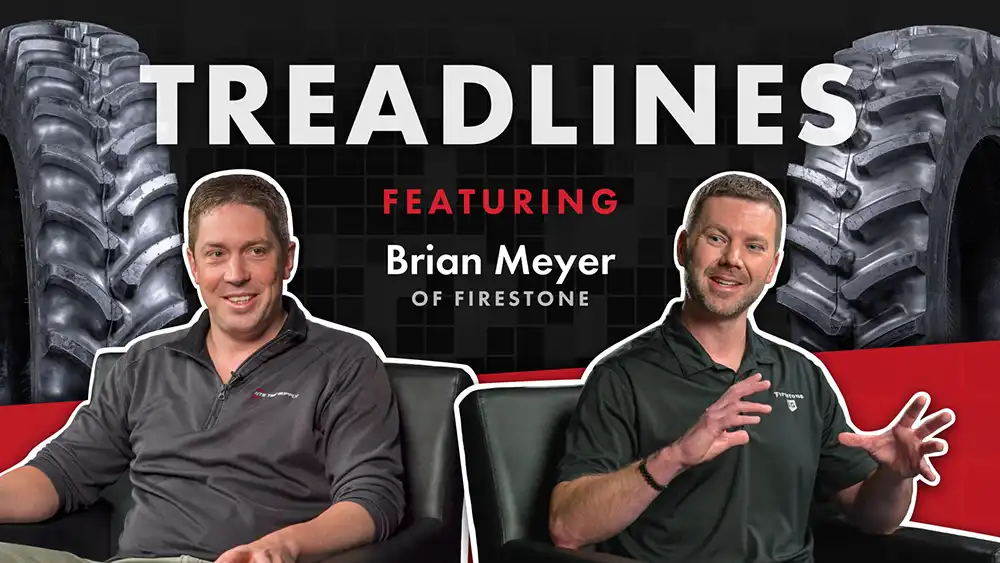Here’s the short and sweet: You need to pay attention to the tire pressures on your farm equipment. Especially in the field. Run tire pressures that are too high over your dirt and you’ll experience lower yields, not to mention a host of other problems such as poor handling, poor fuel economy, and slow working speeds. On the other hand, when you drop your tire pressures in the field, you might see an increase in yield and improve other aspects of your equipment’s performance too.

The Proof is Hiding Underground

It’s one thing to talk about soil compaction. It’s another to actually show it. That’s why we recently partnered with agronomist Nate Firle of AgRevival and a farmer near Marshall, Minnesota: to give you an up-close look at the effects of soil compaction. We asked Nate to design a protocol that would allow us to see if there were any differences in root development (and eventually yield) after planting at low, medium, and high tire pressures in the same field. Hint: Yes, we saw clear differences between the three tire pressures we tested.
The Planting Setup


The farmer typically runs his planter’s transport tires at 27 psi in the field. For this study, we also had the farmer make one pass across the field with the tires at 60 psi and a pass at 80 psi. This gave us our three “zones” from which to dig up the corn plants and see what effect the different tire pressures had on the plant’s root development.
High Pressure Squeezes Root Development
Why did we choose 60 and 80 psi? For farmers who run stock super-single truck tires on their DB60 planters, 80 psi is the pressure these tires require to safely support the planter’s weight during road transport. The VF tires on this DB planter require 60 psi for road travel.
What did we see on our root dig?



If you’re thinking that this problem is only going to pop up along your planter’s pinch rows, you’re correct. (Pinch rows are the crop rows sandwiched between your planter’s center tires and tractor rears.) However, even on a 36-row planter, 17 percent of your field is going to be pinch rows. What is it costing your farm to have 17% of every field impacted by pinch row compaction?
Why You’re Under Pressure to Adjust Your Tire Pressures
You always have to set your tire pressures on a machine for the weight and speed at which they’ll be operating. You need high tire pressures when operating at high speed (on the road). At low speeds (in the field), you can run at low tire pressures. Simple, right? Not exactly.
You’ve probably spotted the problem: In the case of your planter, you’ll have to set your tire pressures to handle all those road miles. So, how do you drop your tire pressures for fieldwork? Or, worse yet, how do you re-inflate your tires when you need to head back down the road to the next field? Without a central tire inflation system, there’s no practical way to set your tires at the right pressures for every situation you’re going to face throughout the day.
Inflate Your Yields, Your Efficiency, and Your Tires
Any machine that undergoes large swings in weight and speed is a prime candidate for a central tire inflation system. Your planter, planting tractor, 4WD tillage machine, sprayer, and manure tanker are great candidates. Most farmers equip their planters first, and for good reason: higher profits. Several research studies have indicated that you’ll pack more bushels into your bins if you keep your tire pressures low in the field during planting.
Read More: Keep Farm Tire Pressures Low for Higher Profits
You can read the article linked above to see how the numbers shake out. And on this root dig, we’ve actually shown you how compaction from high tire pressure puts the squeeze on your crop. Running optimum tire pressure throughout the day pays off in several ways:
- Faster working speeds
- Higher fuel economy
- More secure handling
- More comfortable ride
- Longer tire life
- Higher yields.
Take Action to Stop Compaction Yield Loss
It’s never the wrong time to think about ways to increase your farm’s profitability. Is CTIS a technology that will deliver valuable ROI for your farm? Hit the blue button below and send us a message that you’d like to chat about an inflation system. Or give us a call. We’re here to Drive Your Farm Forward with the right tires, wheels, and air pressures on all your equipment.

.png)
.jpg)



















